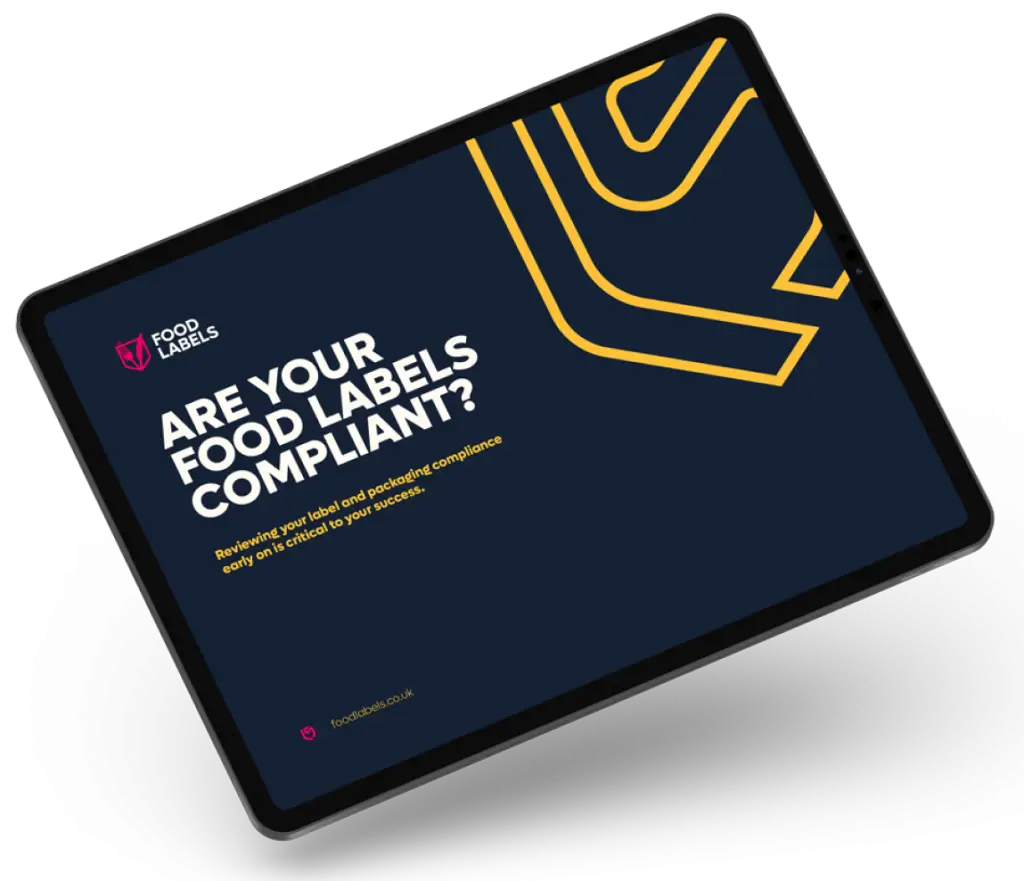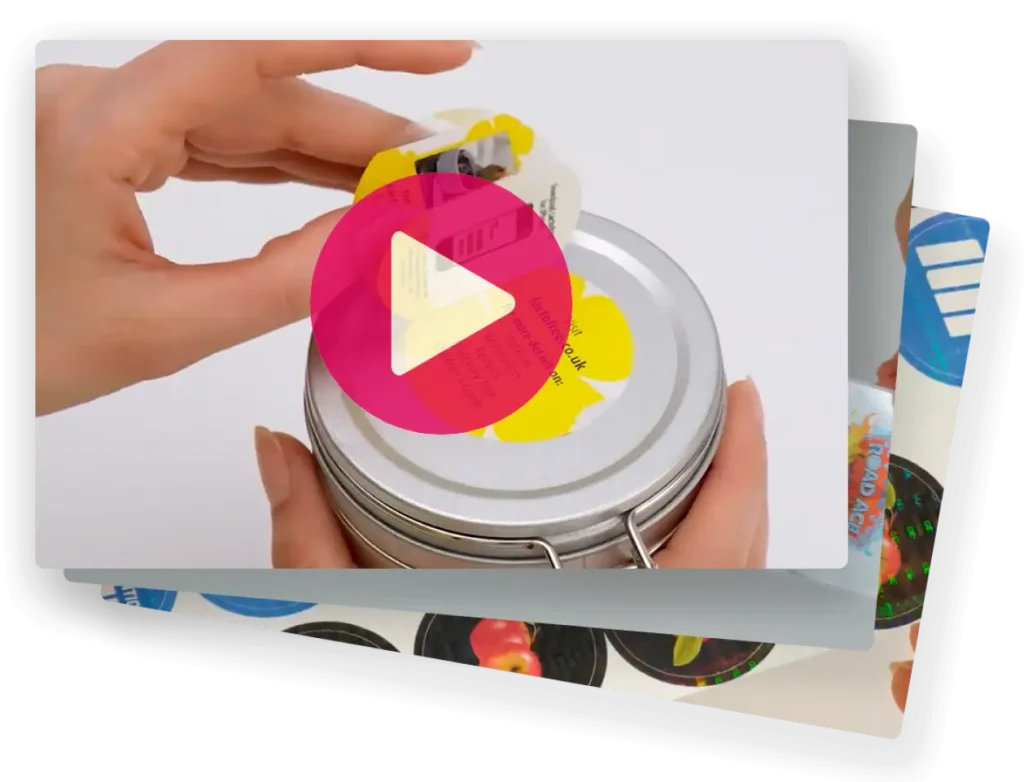We offer a massive range of CE labels and nameplates for the compliance marking of equipment, machinery, medical devices, personal protective equipment, radio and telecommunications, pressure vessels. lifts and gas appliances to European operating standards. Many items are available from stock, please contact us to discuss your requirements.
CE Marking Labels FAQs
A CE marking label, sometimes referred to as CE certification stickers includes the following information – the manufacturer’s identification, product model, essential characteristics, conformity assessment procedure, and applicable European standards. It tells consumers and businesses that an appliance or product complies with safety, health, and environmental protection standards mandated by EU legislation.
The appliances and products that must have a CE marking label in the UK include electrical appliances, machinery, toys, personal protective equipment, medical devices, and construction products. Generally, any product that falls under the scope of an EU directive that needs some form of regulatory conformity needs to have a CE marking sticker to indicate conformity.
The primary responsibility for attaching CE marking labels lies with the manufacturer or the importer if the manufacturer is outside the EU. They must ensure that the appliance or product undergoes the necessary assessments and complies with the necessary directives, such as the Low Voltage Directive, EMC Directive, Medical Devices Regulation, Personal Protective Equipment Regulation, Construction Products Regulation 305/201, REACH Regulation, and the Pressure Equipment Directive, among others. Note that not all directives apply in every case (usually it’s just one or two for specific products and industries).
The presence of CE marking labels on appliances plays an important role in enhancing consumer safety by ensuring that products meet minimum safety standards. It promotes environmental standards by ensuring compliance with regulations related to the reduction of hazardous substances and energy efficiency and is considered to be important to maintaining sustainable consumption and production practices. In a nutshell, a CE marking label tells the consumer a product meets basic quality standards, does what it says it will do and is safe to use.
It is illegal to sell appliances and products in the UK that require CE marking without the appropriate certification label. Non-compliance with CE marking can result in penalties, product recalls, and even legal consequences. Consumers are advised to look for CE marking labels when purchasing and retailers will not accept appliances and products that don’t have CE marking.
Appliances and products bearing CE marking labels must be accompanied by a Declaration of Conformity (DoC) issued by the manufacturer or importer. This document signals that the product complies with all relevant EU directives and standards. Other documentation such as technical files and test reports may be required depending on the product type.
While CE marking indicates compliance with EU regulations, the UKCA (UK Conformity Assessed) marking is used for products placed on the market in Great Britain post-Brexit from the 31st of December 2024. The UK government recognises the CE marking as well and as such UKCA labelling doesn’t replace CE marking. However, CE marking is still required within Northern Ireland and products that comply with CE marking standards can be sold across the UK.
Distributors and retailers must ensure that the appliances and products they sell bear CE marking labels and are accompanied by the necessary documentation, such as the Declaration of Conformity. They should not make any modifications to the product that could affect its compliance with CE marking requirements. Distributors and retailers must cooperate with authorities in case of product recalls or non-compliance issues.
The frequency of re-evaluation for CE marking depends on changes in product design, manufacturing processes, or updates to relevant standards. Manufacturers must assess and ensure ongoing compliance with applicable regulations to maintain the validity of CE marking stickers on their products. CE certification types can vary in duration, generally, a CE certification from a Notified Body will last 3 years, but a high-risk product might require re-evaluation every 1 year.
Non-compliant appliances on the market will lead to severe penalties for manufacturers, importers, distributors, and retailers. Penalties include fines, product recalls, withdrawal of products from the market, and legal action, depending on the severity of the violation. Compliance with CE marking regulations is crucial to avoid such consequences and uphold consumer safety standards.



















